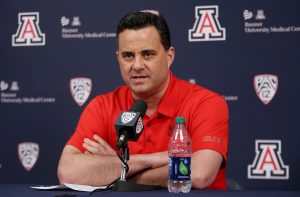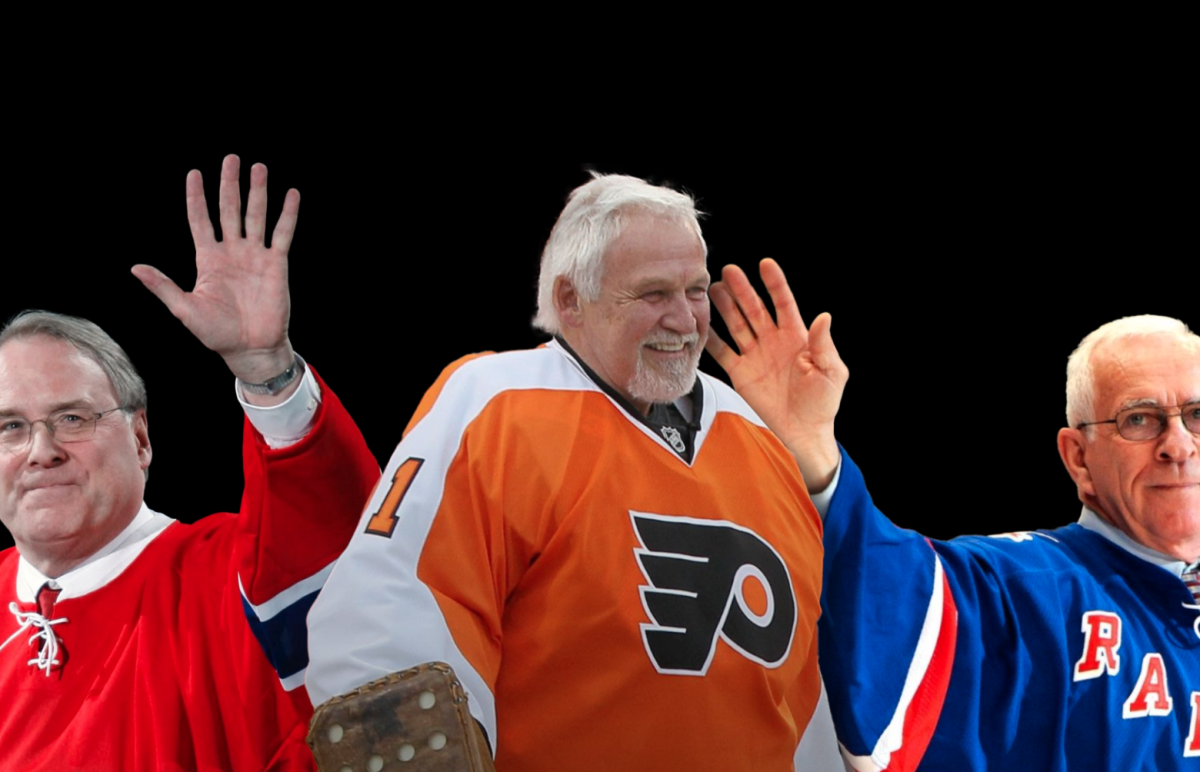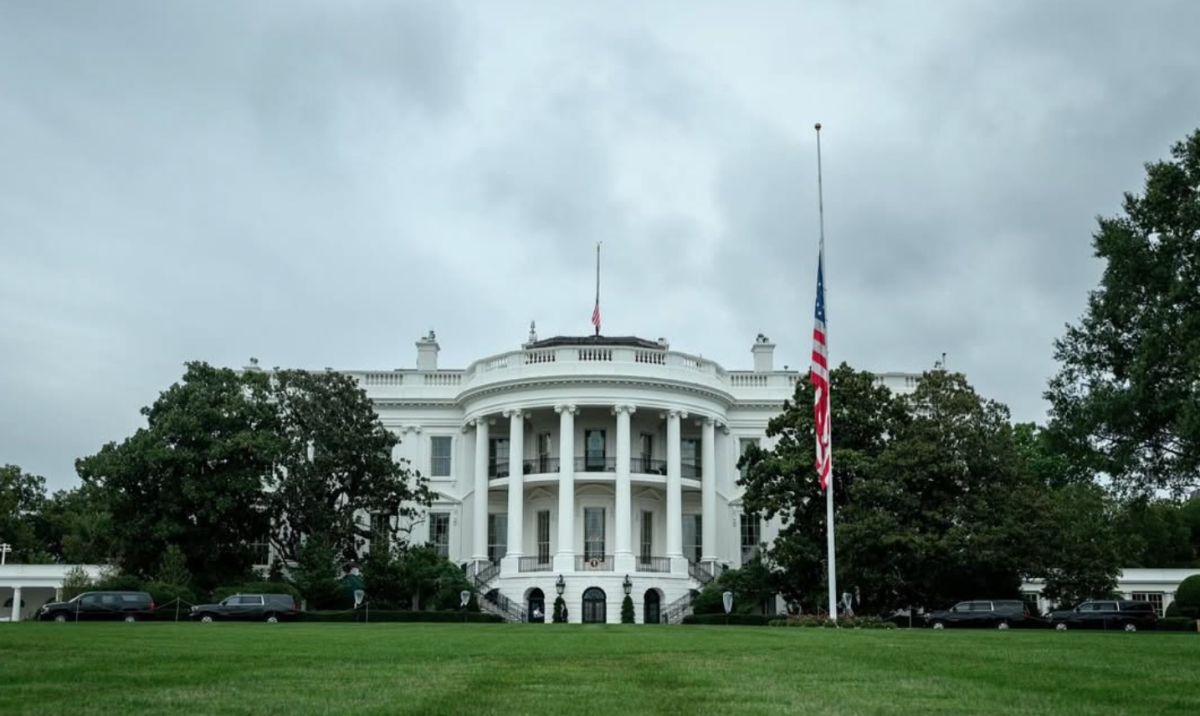By Jimmy Sullivan

The NCAA’s men’s college basketball tournament starts next week. As it stands right now, the FBI should be everyone’s favorite to cut down the nets.
Last week, Yahoo! Sports reported that the FBI had obtained financial documents from former NBA agent Andy Miller that implicated approximately 20 collegiate programs and roughly 25 current and former players in a “pay-for-play” scheme to ensure that programs could lock up elite players. Notable players named in the documents include Michigan State’s Miles Bridges, Alabama’s Collin Sexton, Duke’s Wendell Carter, Kentucky’s Kevin Knox and Dennis Smith, Jr., who played last season at NC State before being selected ninth in this past year’s NBA draft by the Dallas Mavericks. Keep in mind that the FBI made several arrests last September in relation to this same scandal, and Louisville head coach Rick Pitino was let go by the university soon after. At the time, it was reported that an assistant coach had requested that five-star recruit Brian Bowen sign with the Cardinals with the incentive of a cool $100,000 bonus, by way of an Adidas executive.
The day after Yahoo!’s report, ESPN reported that Arizona head coach Sean Miller was caught on an FBI wiretap discussing a payment, also of $100,000, to DeAndre Ayton, a star center in the 2017 recruiting class. Ayton is currently a freshman at Arizona and could possibly be the first overall pick in June’s NBA Draft.
However, although the NCAA deserves to be a laughingstock and its president, Mark Emmert, has earned his reputation as a human punchline, are we jumping to a conclusion on this story too quickly?
These reports (if true, of course) are glaring because the NCAA proudly insists that players are not paid and goes to great lengths to protect the so-called “amateurism” of its organization. Just in the past year alone, the NCAA has ruled a player ineligible for monetizing his personal YouTube channel and suspended five Richmond University baseball players for the dastardly crime of playing fantasy football. And yet, somehow, some way, these infractions were more important than the under-the-table deals that were purportedly going on behind the association’s back. Whoops.
Even though Miller did not coach his team for the first two games after the ESPN story broke, he gave a press conference on Thursday in which he vehemently denied ever discussing or carrying out a payment to any player, let alone Ayton. When Miller’s press conference was announced, many assumed that Miller would be stepping down from his position or that the school would announce his firing. Neither one of those two things happened, and Miller even went into detail about one situation in which someone approached him about paying a player and he refused to do so. It is important to recall that Emanuel “Book” Richardson, one of Miller’s former assistant coaches, was charged by the FBI in its initial September sting on bribery, fraud and corruption charges, a rare college basketball triple play.
So, to recap: a major media outlet publishes a damning report about an authority figure, said authority figure denies that report and basically shouts “fake news” from his pulpit and the public decides who they want to believe regardless of the facts of the story. Stop me if you’ve seen this before.
I am inclined to believe ESPN’s report except for one – actually, two – issues. Both of these problems come in the form of seemingly minor retractions the company has issued in the past few days. The first is that ESPN changed its report to state that Miller was caught on the FBI wiretap discussing Ayton’s payment plan in 2016, not 2017. Then, the Worldwide Leader changed that date back to 2017, the original year they reported Miller was caught in the act of discussing the payment with Christian Dawkins, one of NBA agent Andy Miller’s assistants. Here is where the problem comes in: Ayton committed to Arizona on September 6, 2016. In an article published after Miller’s Thursday press conference, ESPN announced, unsurprisingly, that they were standing by their reporting on this story. If they are, then they are saying that Miller discussed compensation on the wiretap after Ayton committed to the school, which is certainly possible, but less plausible than Miller discussing a payment plan to ensure Ayton attended Arizona in the first place.
After Miller’s press conference, I saw many tweets saying that the conversation he denied really did happen. Naturally, all of these tweets came from people who weren’t in the room for that discussion, don’t own a copy of the wiretap and haven’t actually heard its contents. But why would that stop anyone? Sadly, many people have decided for themselves what happened between Miller and the agent. Their opinion of the issue was dictated by whether or not they were on the NCAA’s side or that of ESPN’s reporting, not the facts of the story.
I would typically side with ESPN because the NCAA is up there with FIFA and United States Gymnastics as one of the most corrupt sport organizations in the world right now. But I also believe that Miller wouldn’t defend himself that vehemently and confidently if he didn’t sincerely believe in his own innocence. I also think many citizens have decided who they side with, regardless of what really happened.
Sean Miller is digging in to defend himself against ESPN. ESPN is standing by their reporting. The stakes could not be higher for both. Get your popcorn ready, but don’t decide who to believe until you know what the facts are.






































































































































































































